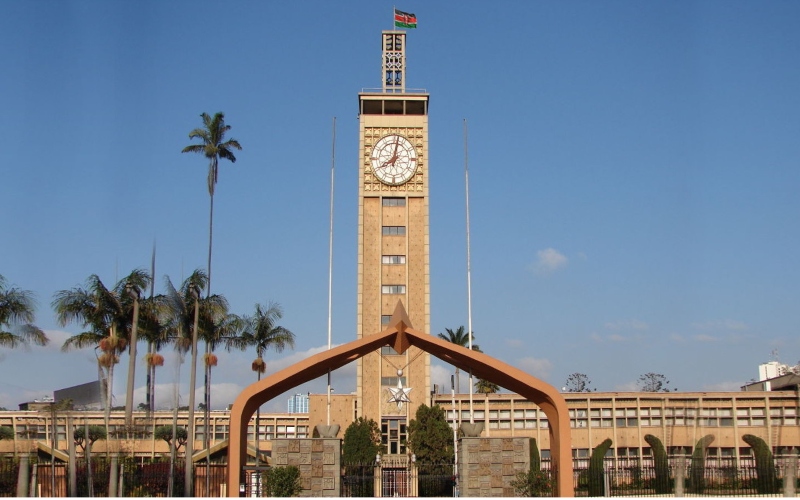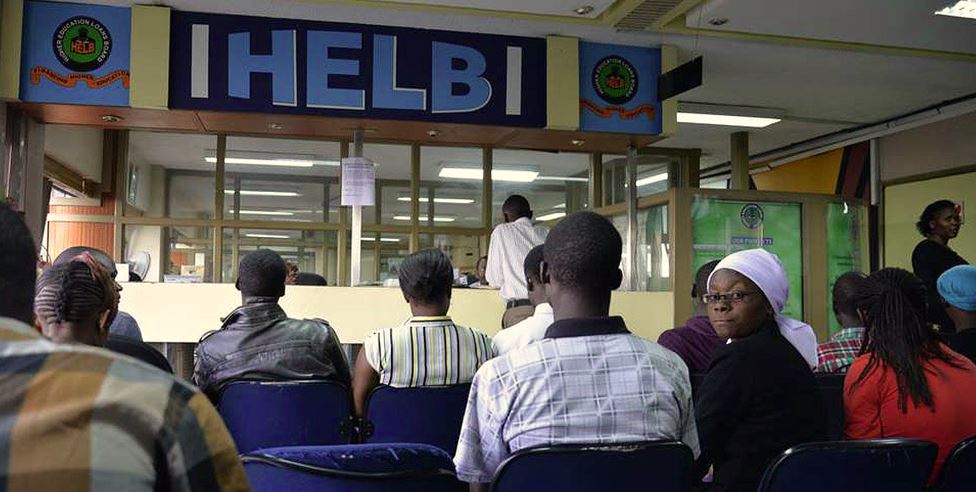New Bill proposes Sh5 million fine for false wealth declarations in State appointments

If passed, the new Bill would close gaps in the process by ensuring all declarations are verifiable, making it harder for nominees to rely on unverified statements to gain parliamentary approval.
Kenya may soon tighten rules for vetting nominees to state and public offices, introducing severe penalties for false declarations of wealth.
The National Assembly Public Appointments (Parliamentary Approval) (Amendment) Bill, 2025, sponsored by Funyula MP Wilberforce Oundo, proposes fines of up to Sh5 million or jail terms of five years or both for anyone submitting incorrect or misleading information about assets, income, or liabilities during parliamentary approval.
More To Read
- HELB: Former students owe Sh32 billion in unpaid loans, 64,000 blacklisted
- Activist sues EACC, DPP, KICC boss over alleged illegal arrest and detention
- Russian behind recruitment of Kenyans to fight in Ukraine arrested
- Two Mogadishu City Club fans caught desecrating Kenyan flag arrested
- No new levies in 2026 budget as Treasury focuses on improving revenue efficiency
- KRA misses income tax target by Sh32.1 billion after double tax reforms on housing, SHA levies
The Bill seeks to address loopholes in the current system, where nominees often declare approximate values of wealth without verification. Under the proposed law, all nominees must submit a full statement of income, assets, and liabilities, accompanied by certified documents.
This includes an accountant’s certificate issued under the Accountants Act and a valuation report from a registered valuer under the Valuers Act. Professionals who certify false information also face legal consequences.
Nominees will be required to disclose deferred income or expected benefits, including pending contracts and anticipated earnings from prior business, professional engagements, or personal arrangements.
They must also declare all income received during the previous and current calendar years. Asset disclosures cover physical property such as land, homes, vehicles, jewellery, and precious metals, as well as financial holdings like bank deposits, shares, bonds, and mutual funds.
Liabilities such as loans, mortgages, unpaid taxes, and other obligations must also be listed.
MP Oundo said the law is designed to prevent nominees from misrepresenting wealth and creating opportunities for corruption once approved.
“People keep on lying during vetting. They overstate their wealth to leave room for stealing,” he said, adding, “All we need are verifiable documents of all the wealth they own, including those of assets and liabilities.”
Currently, the vetting process involves the Clerk of the National Assembly requesting reports from agencies such as the Kenya Revenue Authority (KRA), Ethics and Anti-Corruption Commission (EACC), Directorate of Criminal Investigations (DCI), Higher Education Loans Board (HELB), and the Office of the Registrar of Political Parties.
These reports cover ethics, integrity, tax compliance, criminal records, and political affiliations before being submitted to the vetting committees for review.
This is the second attempt by Parliament to strengthen vetting laws.
During the 12th Parliament, lawmakers extended the vetting period from 14 to 28 days but did not adopt proposals to enforce higher academic qualifications for Cabinet Secretary nominees or include investigative agencies in questioning nominees directly.
If passed, the new Bill would close gaps in the process by ensuring all declarations are verifiable, making it harder for nominees to rely on unverified statements to gain parliamentary approval.
Top Stories Today









































